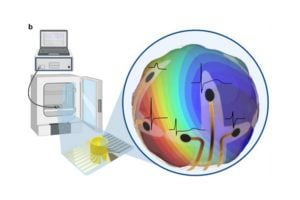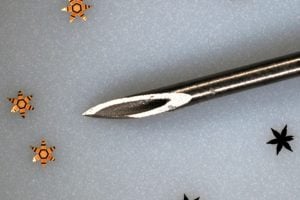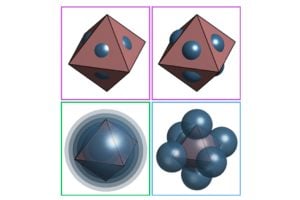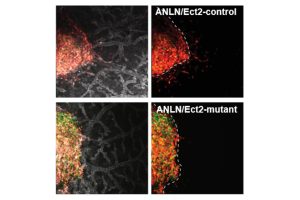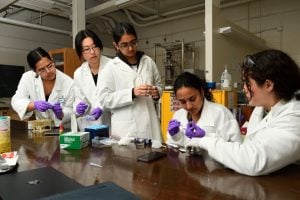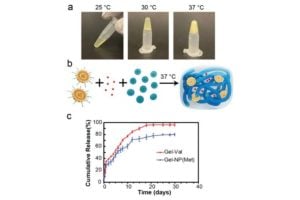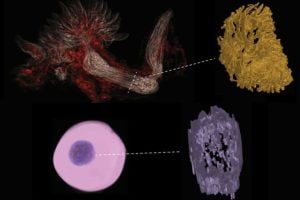Recent News
-

Two chemical and biomolecular engineers have developed a new catalyst that could improve how ammonia is made.
-

The tiny metal grippers could enable doctors to spot tumors far earlier than current methods allow
-

By mapping the myriad cells in human organs with 3D precision, Denis Wirtz and his team are growing living human tissues in the lab.
-

Breakthrough method uses polymer coatings to engineer customized nanomaterials
-

Findings could lead to new treatments targeting how cancer cells adapt to mechanical stress.
-

Chemical and Biomolecular Engineering students reimagine menstrual diagnostics with a product designed to improve early detection of a range of health conditions.
-

The Fast Track to Better Batteries
CategoriesA team of Hopkins researchers has created an automated platform that could speed up the search for better materials for renewable energy storage. The system combines electrochemistry, artificial intelligence, and…
-

New tool could advance research on fertility, cancer, and more.
